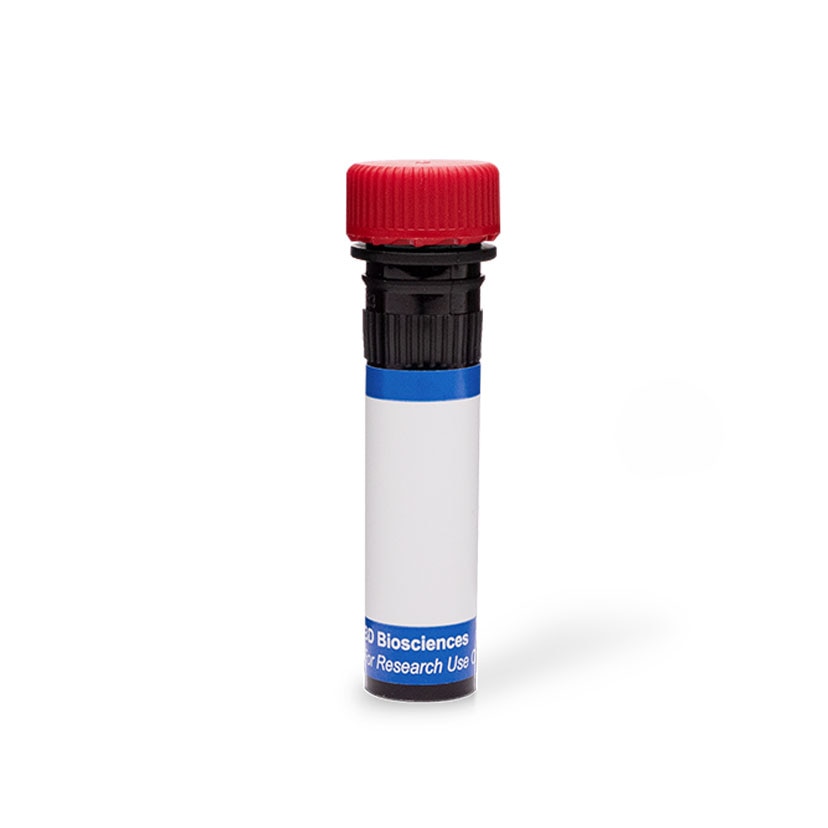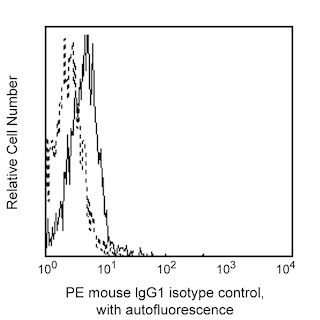-
抗体試薬
- フローサイトメトリー用試薬
-
ウェスタンブロッティング抗体試薬
- イムノアッセイ試薬
-
シングルセル試薬
- BD® AbSeq Assay
- BD Rhapsody™ Accessory Kits
- BD® OMICS-One Immune Profiler Protein Panel
- BD® Single-Cell Multiplexing Kit
- BD Rhapsody™ TCR/BCR Next Multiomic Assays
- BD Rhapsody™ Targeted mRNA Kits
- BD Rhapsody™ Whole Transcriptome Analysis (WTA) Amplification Kit
- BD® OMICS-Guard Sample Preservation Buffer
- BD Rhapsody™ ATAC-Seq Assays
- BD® OMICS-One Protein Panels
-
細胞機能評価のための試薬
-
顕微鏡・イメージング用試薬
-
細胞調製・分離試薬
-
- BD® AbSeq Assay
- BD Rhapsody™ Accessory Kits
- BD® OMICS-One Immune Profiler Protein Panel
- BD® Single-Cell Multiplexing Kit
- BD Rhapsody™ TCR/BCR Next Multiomic Assays
- BD Rhapsody™ Targeted mRNA Kits
- BD Rhapsody™ Whole Transcriptome Analysis (WTA) Amplification Kit
- BD® OMICS-Guard Sample Preservation Buffer
- BD Rhapsody™ ATAC-Seq Assays
- BD® OMICS-One Protein Panels
- Japan (Japanese)
-
Change country/language
Old Browser
Looks like you're visiting us from United States.
Would you like to stay on the current country site or be switched to your country?
BD Pharmingen™ PE Mouse Anti-Human CD63
クローン H5C6 (RUO)

Flow cytometric analysis of CD63 expression on Rhesus macaque (Macaca mulatta) peripheral blood platelets. Platelets were isolated from fresh whole blood and activated by Thrombin (Sigma-Aldrich, Cat. No.T8885), and then fixed with 2% formaldehyde. After washing, the fixed platelets were stained with either PE Mouse Anti-Human CD63 antibody (Cat. No. 556020/561925; solid line histogram) or with PE Mouse IgG1 , κ Isotype Control (Cat. No. 555749; dashed line histogram).The fluorescence histograms were derived from events with the forward and side light-scatter characteristics of platelets.


Flow cytometric analysis of CD63 expression on Rhesus macaque (Macaca mulatta) peripheral blood platelets. Platelets were isolated from fresh whole blood and activated by Thrombin (Sigma-Aldrich, Cat. No.T8885), and then fixed with 2% formaldehyde. After washing, the fixed platelets were stained with either PE Mouse Anti-Human CD63 antibody (Cat. No. 556020/561925; solid line histogram) or with PE Mouse IgG1 , κ Isotype Control (Cat. No. 555749; dashed line histogram).The fluorescence histograms were derived from events with the forward and side light-scatter characteristics of platelets.

Flow cytometric analysis of CD63 expression on Rhesus macaque (Macaca mulatta) peripheral blood platelets. Platelets were isolated from fresh whole blood and activated by Thrombin (Sigma-Aldrich, Cat. No.T8885), and then fixed with 2% formaldehyde. After washing, the fixed platelets were stained with either PE Mouse Anti-Human CD63 antibody (Cat. No. 556020/561925; solid line histogram) or with PE Mouse IgG1 , κ Isotype Control (Cat. No. 555749; dashed line histogram).The fluorescence histograms were derived from events with the forward and side light-scatter characteristics of platelets.


BD Pharmingen™ PE Mouse Anti-Human CD63

Regulatory Statusの凡例
Any use of products other than the permitted use without the express written authorization of Becton, Dickinson and Company is strictly prohibited.
Preparation and Storage
Product Notices
- This reagent has been pre-diluted for use at the recommended Volume per Test. We typically use 1 × 10^6 cells in a 100-µl experimental sample (a test).
- An isotype control should be used at the same concentration as the antibody of interest.
- Source of all serum proteins is from USDA inspected abattoirs located in the United States.
- Caution: Sodium azide yields highly toxic hydrazoic acid under acidic conditions. Dilute azide compounds in running water before discarding to avoid accumulation of potentially explosive deposits in plumbing.
- For fluorochrome spectra and suitable instrument settings, please refer to our Multicolor Flow Cytometry web page at www.bdbiosciences.com/colors.
- Species cross-reactivity detected in product development may not have been confirmed on every format and/or application.
- Please refer to www.bdbiosciences.com/us/s/resources for technical protocols.
関連製品




最近閲覧済み
The H5C6 monoclonal antibody specifically binds to CD63. CD63 is a 53 kDa, type III lysosomal glycoprotein, expressed on activated platelets, monocytes and macrophages. This molecule is also referred to in the literature as LIMP, gp55, melanoma-associated antigen ME491, Pltgp40, LAMP-3 and is a member of the tetraspan transmembrane 4 superfamily (TM4SF). It is widely expressed on surface and in the cytoplasm of various hematopoietic (monocytes, macrophages) and non-hematopoietic (endothelium, fibroblasts, osteoclasts, smooth muscle) cells. CD63 plays roles in mediating cellular adhesion and motility.
Clone H5C6 also crossreacts with thrombin-activated peripheral blood platelets of baboon, and both rhesus and cynomolgus macaque monkeys. The distribution of H5C6+ activated platelets is similar to that observed with activated platelets from peripheral blood of normal human donors.

Development References (4)
-
Azorsa DO, Hyman JA, Hildreth JE. CD63/Pltgp40: a platelet activation antigen identical to the stage-specific, melanoma-associated antigen ME491. Blood. 1991; 78(2):280-284. (Biology). View Reference
-
Engel P, Wagner N, Tedder TF. CD86 Workshop Report. In: Schlossman SF. Stuart F. Schlossman .. et al., ed. Leucocyte typing V : white cell differentiation antigens : proceedings of the fifth international workshop and conference held in Boston, USA, 3-7 November, 1993. Oxford: Oxford University Press; 1995:703-705.
-
Hildreth JE, Derr D, Azorsa DO. Characterization of a novel self-associating Mr 40,000 platelet glycoprotein. Blood. 1991; 77(1):121-132. (Biology). View Reference
-
Kishimoto T. Tadamitsu Kishimoto .. et al., ed. Leucocyte typing VI : white cell differentiation antigens : proceedings of the sixth international workshop and conference held in Kobe, Japan, 10-14 November 1996. New York: Garland Pub.; 1997.
Please refer to Support Documents for Quality Certificates
Global - Refer to manufacturer's instructions for use and related User Manuals and Technical data sheets before using this products as described
Comparisons, where applicable, are made against older BD Technology, manual methods or are general performance claims. Comparisons are not made against non-BD technologies, unless otherwise noted.
For Research Use Only. Not for use in diagnostic or therapeutic procedures.
